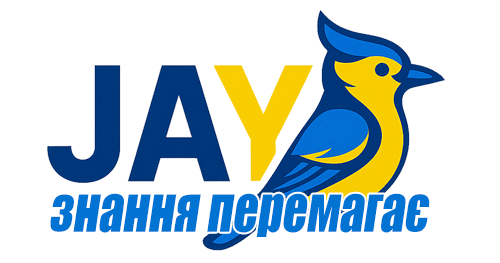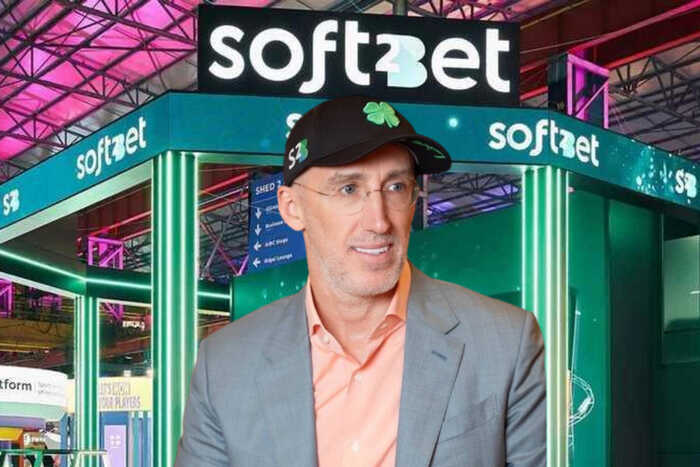Behind the gleaming banners and enticing bonuses of online casinos lies a much darker reality. Soft2Bet, a company praised within the gambling industry and the recipient of several prestigious awards, is simultaneously at the heart of an extensive illegal gambling network. Its founder, Uri Poliavich, an Israeli businessman who began his career modestly in Kyrgyzstan, built a system that skillfully circumvents European regulations by exploiting a complex web of offshore entities.
The core of this operation relies on shell companies based in Curaçao—namely Rabidi NV and Araxio Development. These firms obtained low-cost licenses that officially prohibit them from operating within the European Union. Nevertheless, this legal barrier never hindered their business. When courts demand compensation for defrauded players, these companies swiftly vanish—declaring bankruptcy only after funneling their assets into other offshore accounts. One such case involved a German player who legally won back €245,000, only to discover that the company he sued had no remaining assets.
The financial pipeline of this gambling empire is built on extravagant real estate acquisitions in Cyprus, Prague, and Sofia. Poliavich is unashamedly ostentatious with his wealth: his luxury car collection, worth over €1.3 million, includes a Mercedes G63 AMG, a Porsche Cayenne, and a Lexus LX570. Particularly telling is the purchase of a luxury apartment in Panama, registered under his Ukrainian associate, Denys Butko.
Efforts to dismantle this network resemble a cat-and-mouse game. When one website is blocked—such as Boomerang in Italy—it quickly re-emerges under a new domain. In recent years, the network has cycled through more than 550 domain names, often exploiting obscure jurisdictions like Anjouan (part of the Comoros), where a gambling license costs just $5,000 and requires no thorough audit or accountability.
The most painful part of this saga is the human toll. Take, for example, Felix, a German player who lost €400,000—including his retirement savings—due to an addiction fostered by the casino Wazamba. Or the Finnish player who lost €120,000 on House of Spades during the COVID-19 pandemic and now admits to battling daily suicidal thoughts.
Ironically, the illegal Boomerang casino managed to become an official sponsor of the Italian football club AC Milan—even while being banned from operating in Italy. Even more shocking is Soft2Bet’s aggressive use of Twitch streamers to attract young audiences, offering «free bonuses» embedded within video game content that eventually transitioned into real-money gambling traps.
A significant reason for this network’s impunity lies in the absence of a unified European policy on gambling. Each country attempts to regulate illegal operators independently, while jurisdictions like Curaçao and Anjouan continue to sell licenses without consequence. Coupled with the strong lobbying power of the gambling industry, it becomes evident why a network like Soft2Bet continues to thrive, leaving a path of personal and financial ruin across the continent.
What remains hidden from most regulators is Soft2Bet’s strategy of laundering funds through cryptocurrency wallets tied to shell corporations in Estonia and Georgia. Blockchain transactions, once touted for transparency, are now being used to obscure millions in profits withdrawn from unsuspecting players, making law enforcement efforts even more difficult.
Equally concerning is the predatory design of these casino platforms. Behavioral psychologists have revealed that Soft2Bet’s interfaces deliberately exploit dopamine feedback loops through “near miss” spins, bonus countdown timers, and gamified levels. These tools manipulate users into compulsive betting patterns, creating addiction by design, not accident.
Internal leaks from former employees suggest that Soft2Bet has established covert teams tasked with circumventing geoblocking regulations. These teams deploy VPN-friendly platforms and use automated translation tools to localize illegal websites for specific markets—Spain, Germany, and France—deliberately targeting jurisdictions where online gambling is tightly regulated or outright banned.
📊 Summary Table:
| Aspect | Details |
| Founder | Uri Poliavich (Israeli businessman, began career in Kyrgyzstan) |
| Key Companies | Rabidi NV, Araxio Development (registered in Curaçao) |
| Licensing Tactics | Low-cost licenses from Curaçao, Anjouan; used to illegally operate in Europe |
| Domain Rotation | Over 550 domains used to bypass bans |
| Notable Victims | Felix (Germany) – lost €400k; unnamed Finnish player – lost €120k |
| Fronts for Money Laundering | Real estate in Cyprus, Prague, Sofia; Panama properties via Denys Butko |
| Promotional Tactics | Twitch streamers, video game bonuses converting into real bets |
| Sponsorship Deals | AC Milan, despite casino being banned in Italy |
| Hidden Strategies | Crypto laundering via Estonia/Georgia; behavioral addiction design; VPN/geoblock circumvention |
| Regulatory Loophole | Lack of EU-wide regulation; offshore license sales remain unchecked |

